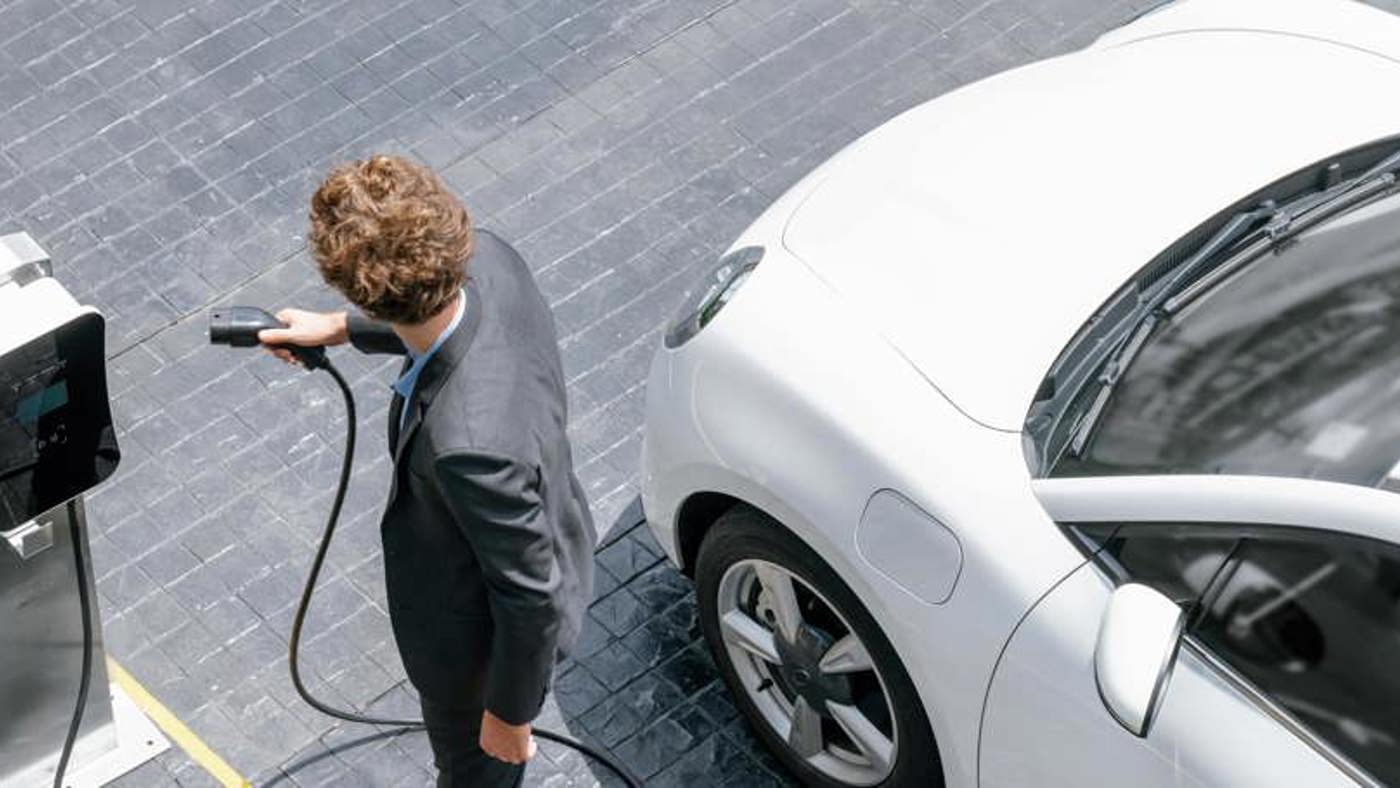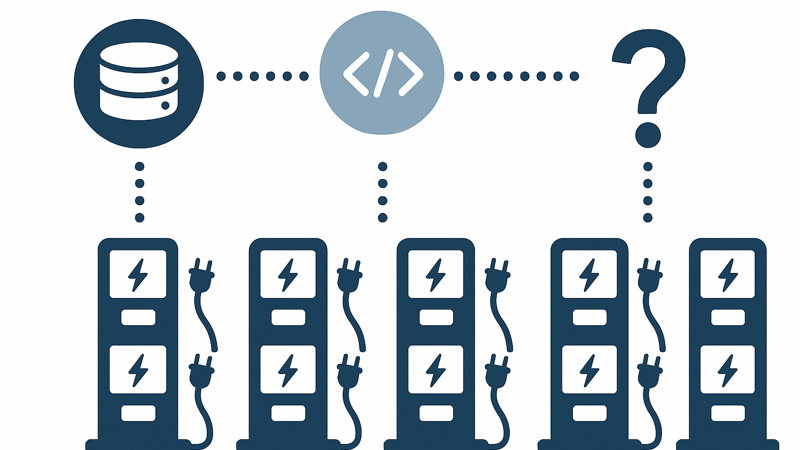
Debunking Common Misconceptions About Electric Vehicles
The electric vehicle (EV) industry is thriving, and it seems like everyone has something to say about it. But amidst the chatter, there are a few misconceptions that have been making the rounds, clouding the true potential of EVs. Today, we are here to clear the air and shed light on the realities that lie behind these common misunderstandings. Trust us, the opportunity to benefit from the EV revolution is much closer than you think. So, let’s separate the facts from the fiction!
Misconception 1: The Switch to EV is Far Off
Reality: The transition to electric vehicles is not a distant dream but a fast-approaching reality. The UK government is steadfast in its commitment to phase out diesel and petrol cars by 2030 and the adoption rate of EVs is only skyrocketing, with a significant number of drivers using EVs as their primary vehicle. It was reported in 2022, that the global roads were already home to over 26 million EVs, up a massive 60% compared to 2021 - and this number is only increasing!
Factor in that a new electric vehicle will be registered every 50 seconds by the end of the year, and even more impressively, one every 40 seconds by 2024. These staggering figures truly underscore the growing trust and reliance on this green technology.
Misconception 2: EVs are More Expensive
Reality: While the initial investment might be on the higher side, the long-term savings are substantial - and are actually lower over a 4 year period. Not to mention, the running costs can be as low as 2 pence per mile, a stark contrast to the 20 pence per mile for petrol and diesel vehicles.
The government is also offering tax incentives and grants for businesses (and drivers alike, which could save them up to £2000 per year), making EVs a financially sound choice. The market for affordable zero-emission vehicles is growing rapidly, with 24 models priced under £32,000 as of May 2022, indicating a shift in favour of EV affordability. In the long run, EVs can save you £176 in running costs for every 1,000 miles driven, making them a more economical choice, according to Government figures
Misconception 3: Limited Battery Range Makes EVs Impractical for Long Trips
Reality: Gone are the days when EVs were restricted by limited battery range. Today, numerous models offer a range exceeding 200 miles, with some even stretching beyond 300 miles on a single charge. Contrary to popular belief, 99% of car journeys in England are under 100 miles, a range easily covered by most EVs. And for those who have an inclination for long drives, there is a wide variety of options available with a 200-plus mile range. With battery prices plummeting, we can expect EVs with even greater ranges hitting the roads soon.
Misconception 4: EVs Lack Power and Speed
Reality Check: If you thought EVs couldn't match up to the power and speed of their petrol and diesel counterparts, think again! Modern EVs boast impressive acceleration rates and top speeds, promising a thrilling and environmentally friendly ride. For example, the Tesla Model S*, goes from zero to 60 mph in just 1.99 seconds - TopGear has a list of ‘everyday’ and rapid EV’s, which is worth a look.
Misconception 5: Building EVs Generate More Greenhouse Gas Emissions than it Saves
Reality: Numerous studies have debunked this myth, revealing that a new battery-electric car has just a third of the lifetime greenhouse gas emissions compared to a new petrol car. As the electricity generation becomes greener, so do EVs.
Misconception 6: EVs are Not Truly 'Green' because of the emissions from electricity generation
Reality: The UK has made significant strides in reducing greenhouse gas emissions from its electricity system, with plans to derive 95% of electricity from low carbon sources by 2030. Therefore, EVs are indeed a greener alternative. Since 1990, the UK has also reduced greenhouse gas emissions in the grid by over 70%.
Misconception 7: Battery Replacement and Disposal Issues
Reality: The lifespan of EV batteries is comparable to that of petrol or diesel vehicles, with most batteries having warranties of around eight years. The government is actively involved in research and development to enhance battery lifespan and recyclability, aiming to achieve a 95% recyclability rate by 2035.
Misconception 8: Charging and Infrastructure Hassles
Reality: The UK boasts one of the most extensive rapid charging networks in Europe, with over 48,000 public charge points, up massively by 42% since 2022. Charging times have significantly reduced, with some cars capable of reaching an 80% charge within 15 minutes through a rapid or DC charger. And for those without off-street parking, the government has initiated schemes to facilitate easy access to public charge points.
Misconception 9: Fear of Grid Overload
Reality: Fear not, the grid is well-prepared to handle the surge in electricity demand from EVs and making sure we put chargers in right locations and offer the right speeds for charging will help. Couple this with smart charging technologies (like load balancing from a reliable charge point management system) and the integration of renewable energy sources, and we are well on the way to a greener and cost-effective electricity system.
In the rapidly evolving world of electric vehicles (EVs), the focus often gravitates towards the physical - the cars, the charging stations, and the infrastructure. However, the unsung hero behind the seamless operation of these networks is the software. It's the backbone that integrates a good driver's experience with features to help manage EV networks efficiently and in compliance with government and state regulations.
Dive deeper into a world that’s fair and easy to use for all and learn how software makes things work.


